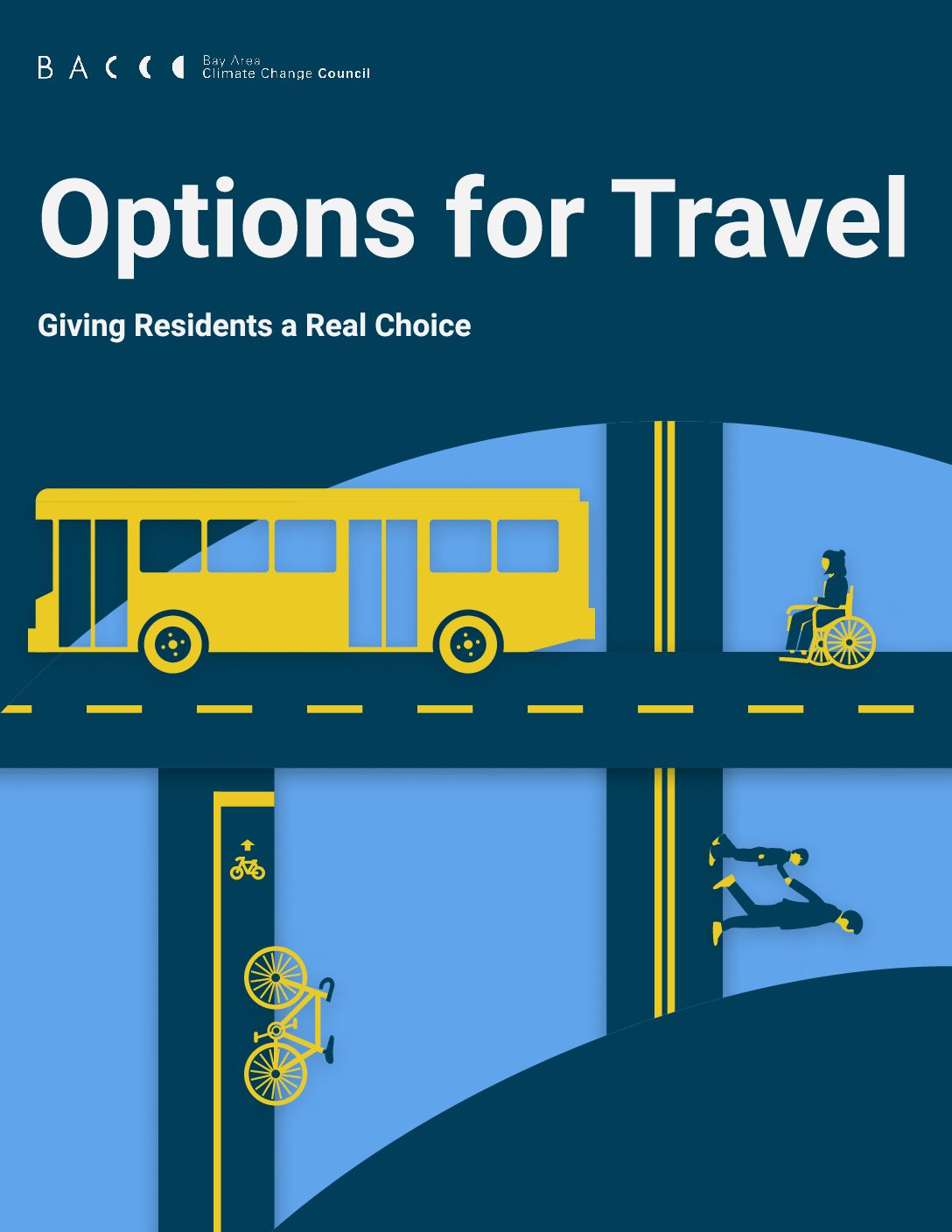BACCC asked all municipal candidates for their views on environmentally-friendly transportation options, presenting them with these three questions. Views expressed are solely those of the candidates and do not reflect the views of BACCC or its members. All responses have been reviewed to ensure appropriateness and relevance to the questions posed. We encourage you to make an informed decision by researching your local candidates.

Hamilton Ward 9 Candidate Brad Clark
From the recommendations in BACCC’s Options for Travel report, which would be your top priority to enact to ensure safe, reliable, convenient and equitable transportation options?
Most of the recommendations of the Bay Area Climate Change Council should be reviewed and implemented. These are some of my priorities.
1) Complete walk audits surrounding all schools to determine safety improvements for pedestrians, particularly children. Track the number of improvements flagged and completed over time.
2) Complete a comprehensive update to the Cycling Master Plan, utilizing a gap analysis and the recommendations listed herein.
3) Improve cycling infrastructure to improve connectivity and safety for residents
4) Improve connectivity, convenience, and frequency of public transit.
If environmentally friendly transportation options are not convenient, residents will be less likely to choose those options over driving.
What steps would you take to ensure environmentally friendly transportation options are convenient?
I have advocated for the elimination of all diesel vehicles. Council adopted my motion directing staff not to replace any vehicles with diesel. It is essential that the HSR and the entire city fleet become electric or be equipped with hydrogen cells. They are safe, cleaner and quieter.
Environmentally friendly transportation needs to be perceived as safe in order to be viewed as a viable option.
What steps would you take to ensure all users feel safe when using all transportation methods?
Feeling safe and being safe are two different things. Elected members should ride the bus or their bike to work. This first hand experience will help them to assess and recommend improvements.
Riding the HSR has provided me with a better understanding of issues that may deter car drivers from considering other modes of transportation. For example, the state of repair of our roads makes riding HSR transit a noisy, jolting and uncomfortable experience with every crack, cut, pothole, and/or bump. Improving our roads will improve the trip experience and lower HSR maintenance costs.
I have found that the frequency of service on some suburban HSR routes makes it an inconvenient option for many commuters.
